
WP 5.2 Microbiome Modification by Fecal Microbiota Transplantation
project description
FMT is an efficient therapy for recurrent Clostridioides difficile infection, but also holds promise in the treatment of inflammatory bowel disease and other complaints. FMT is also able to reverse resistance in immune-checkpoint inhibitor therapy of cancer, representing a so far unappreciated treatment option in oncology. From an ecological perspective, FMT seeks to restore homeostasis to a disturbed host microbiome, yet the principles governing FMT efficacy are still largely unknown.
Improving the success and applicability of FMT requires a deep understanding of the microbial- host system as a whole. Host and resident microbial factors are involved in shaping the engraftment of newly introduced strains and the potential systemic effects on immunity, metabolism and even the nervous system via the gut-brain axis.
The key questions we aim to answer are: (i) Can strain engraftment and beneficial FMT effects be optimized via personalized approaches using donor-recipient matchings ahead of FMT? (ii) Are beneficial effects related to strain engraftment, and can introduced microbes be detected at the mucosa? (iii) How does the mucosa (transcriptionally, cellularly) respond to FMT, are beneficial effects mirrored in specific cell compositions, and are specific sequential and spatial patterns (transcriptomic, cellular, microbial) discernable during mucosal healing? (iv) Are FMT effects also measurable at a systemic level including the gut-brain axis? By addressing these questions, we will gain a deeper understanding of FMT mechanisms, which will lead to optimized procedures in the future, potentially expanding the applications of microbiome modulatory therapies.
Personalized FMT approaches could revolutionize current FMT practice, but they have not been explored so far. We will test donor-recipient matching in a prospective manner in inflammatory bowel disease and immune-checkpoint inhibitor therapy based on recently developed algorithms using taxonomic donor and recipient information to increase efficacy. Mucosal responses will be analyzed in longitudinal recipient samples with spatial transcriptomics, metatranscriptomics and advanced microscopy techniques (e.g. multicolor fluorescence microscopy). We will also measure circulating neuro-active metabolites, perform neuroimaging (fMRI) and cognitive-behavioral assessments in recipients and integrate these findings with mucosal neuronal features from biopsies (i.e., nerve and enterochromaffin cells).
This will serve as a first step towards a more comprehensive understanding of how FMT impacts the gut-brain axis. Seminal to the proposed analyses are our large FMT biospecimen repository and clinical facility that specializes in performing FMTs for various indications. Donor and longitudinal recipient fecal specimens are preserved for omics analyses and for re-cultivation of microbes. Additional samples, including recipients’ mucosal biopsies (frozen, embedded), blood, and urine, allow for an in-depth analysis of the host response, altogether enabling an integrated and comprehensive analysis of host and microbiome factors implicated in FMT.
A deeper understanding of personalized factors involved in FMT and of the mucosal response will guide future FMT practice and will lay the foundation for the development of specific biotherapies potentially replacing the ‘blunt instrument’ of FMT in future. Finally, the gut-brain axis, which is implicated in the development of neurodegenerative diseases like Alzheimer‘s, represents a medical area of high priority due to an aging population, and there is much excitement about the potential for expanding microbiome modulation as a new preventative or therapeutic measure in this field, with significant benefits over classical pharmacological approaches.
work package leader
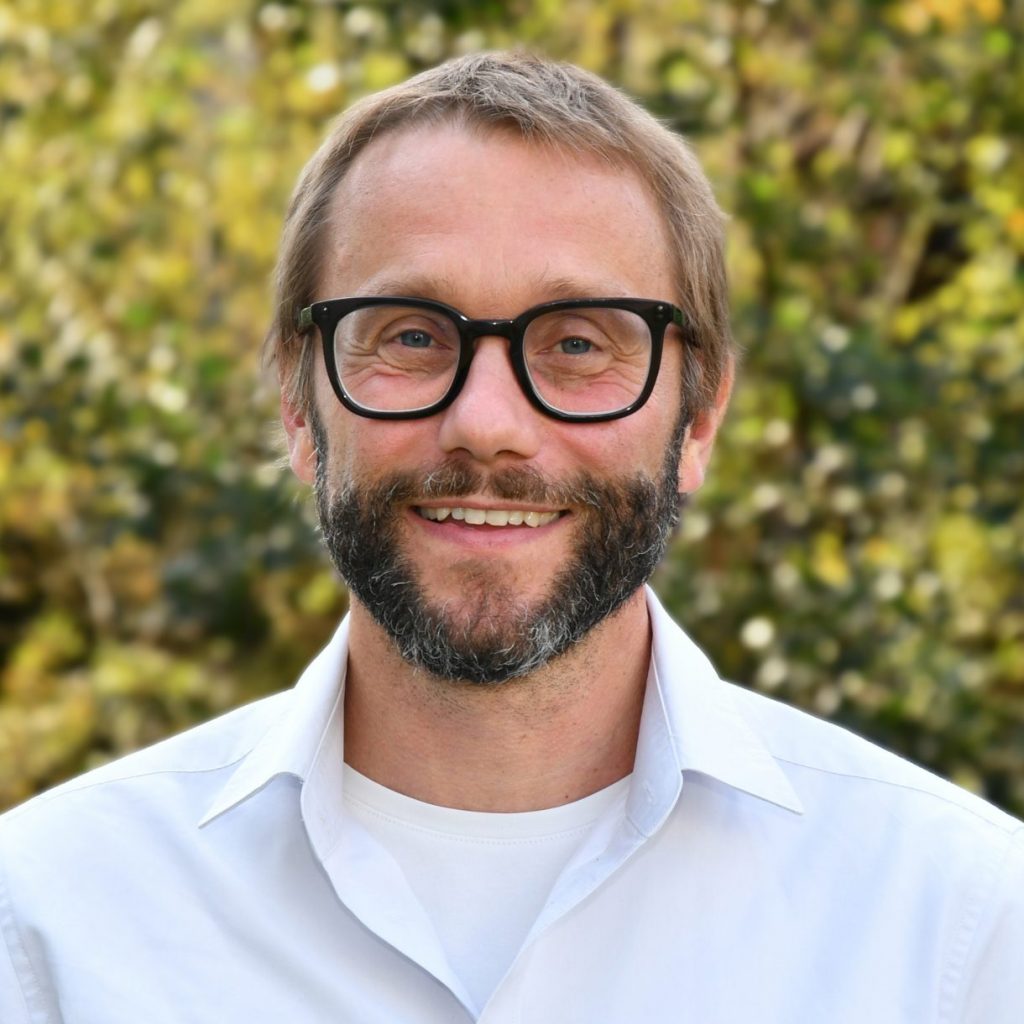
gregor gorkiewicz
Medical University of Graz
Associated Professor for Medical Microbiome Research
CoE Key Researcher
work package members
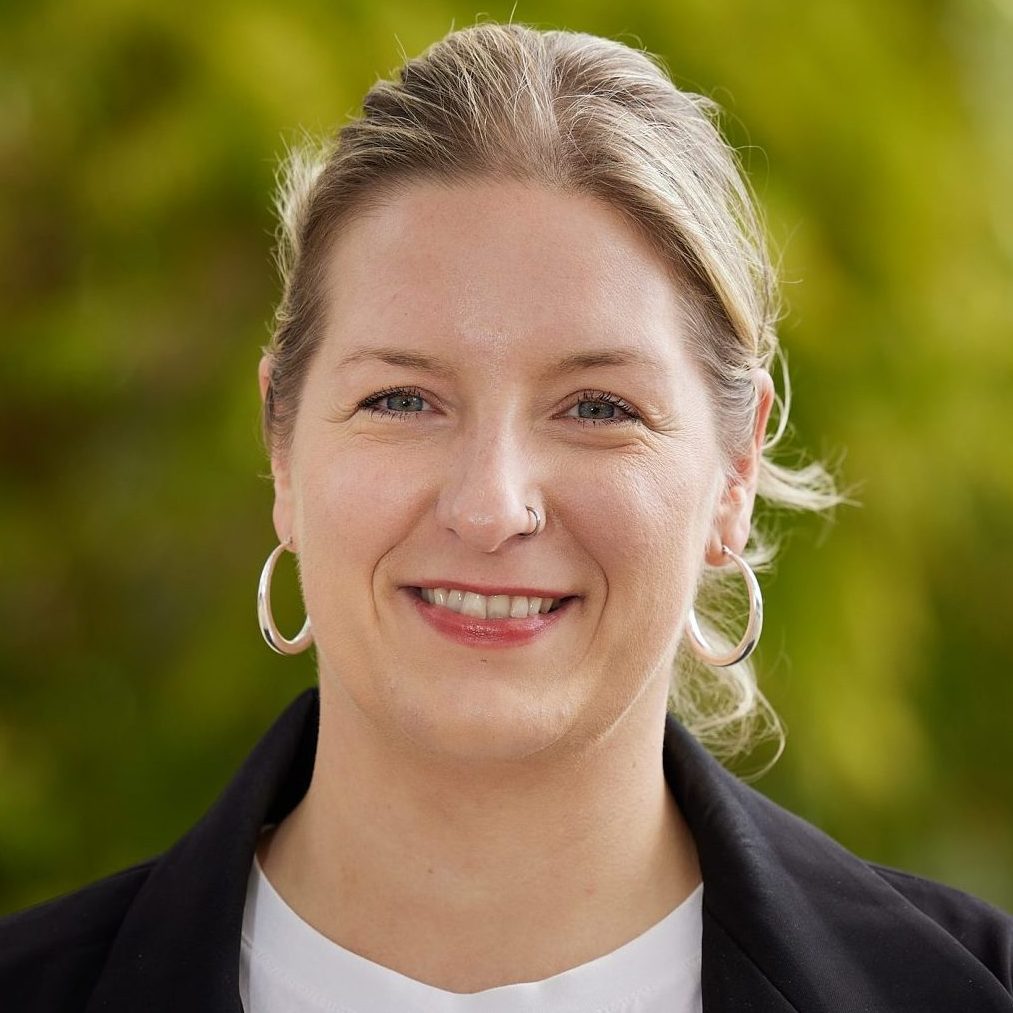
isabella anderson-wagner
CoE Key Researcher
university of vienna
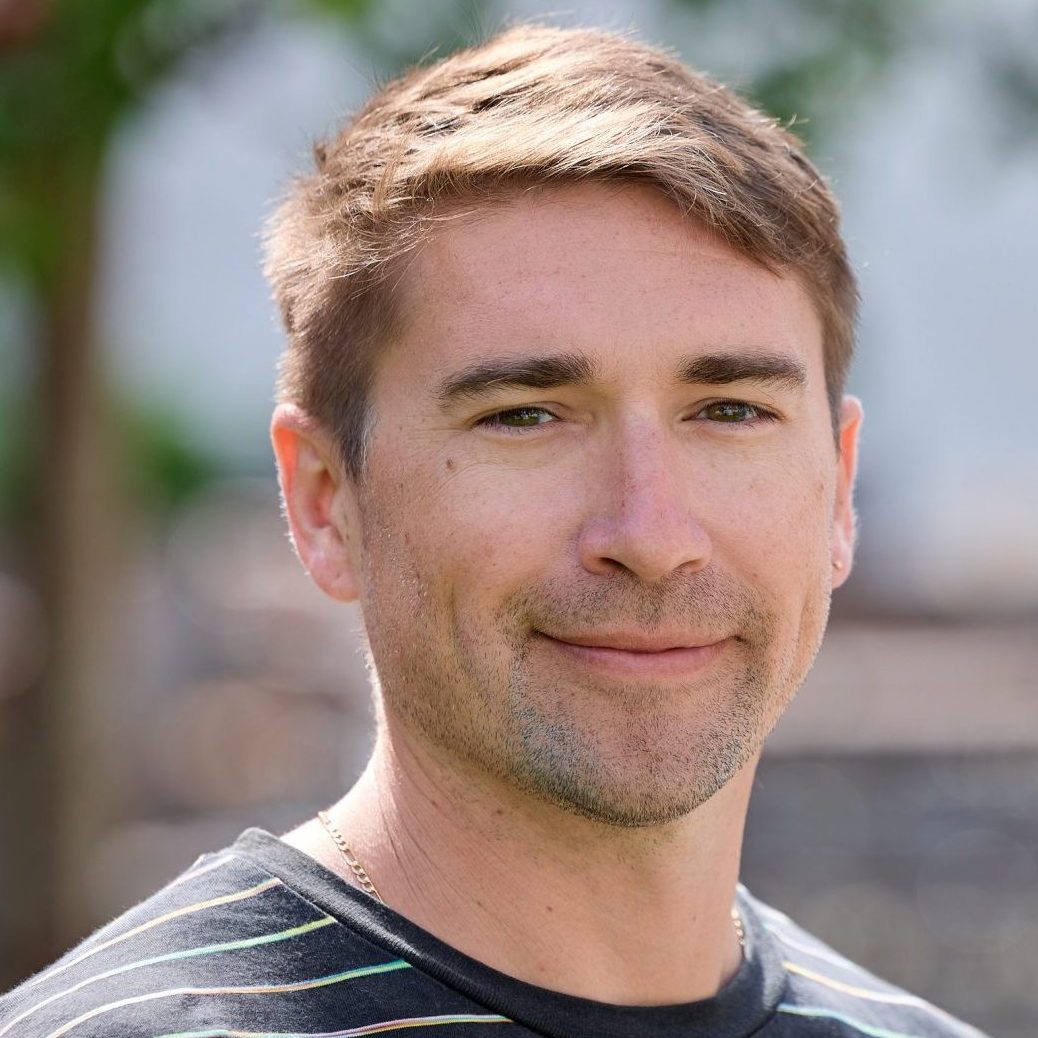
david berry
CoE Key Researcher
university of vienna
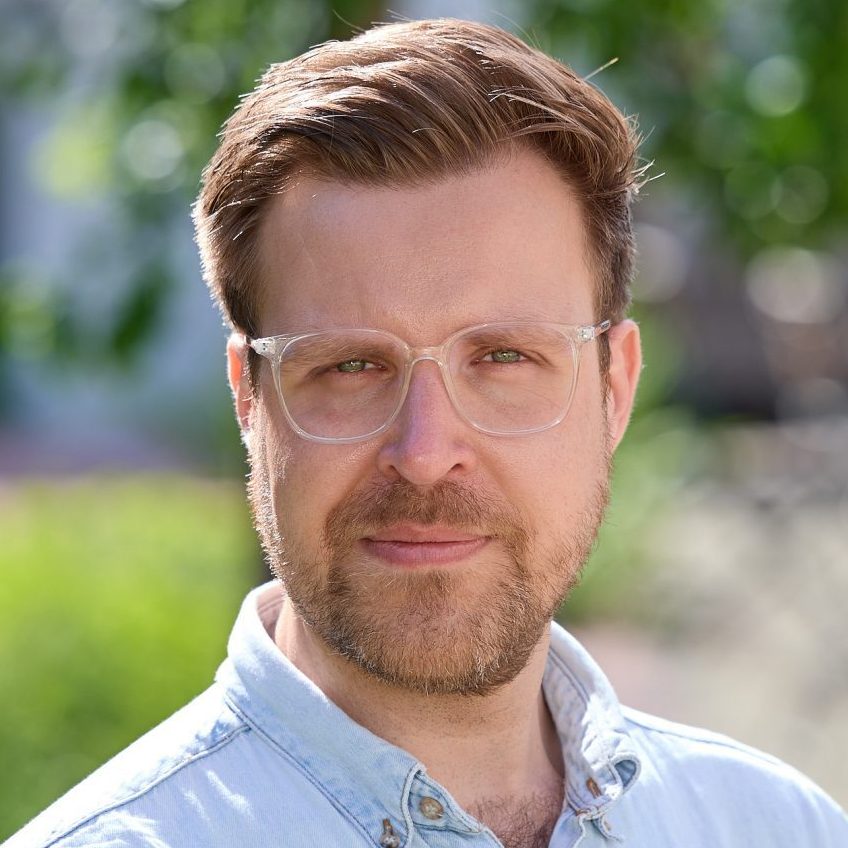
christian diener
CoE Key Researcher
medical university of graz
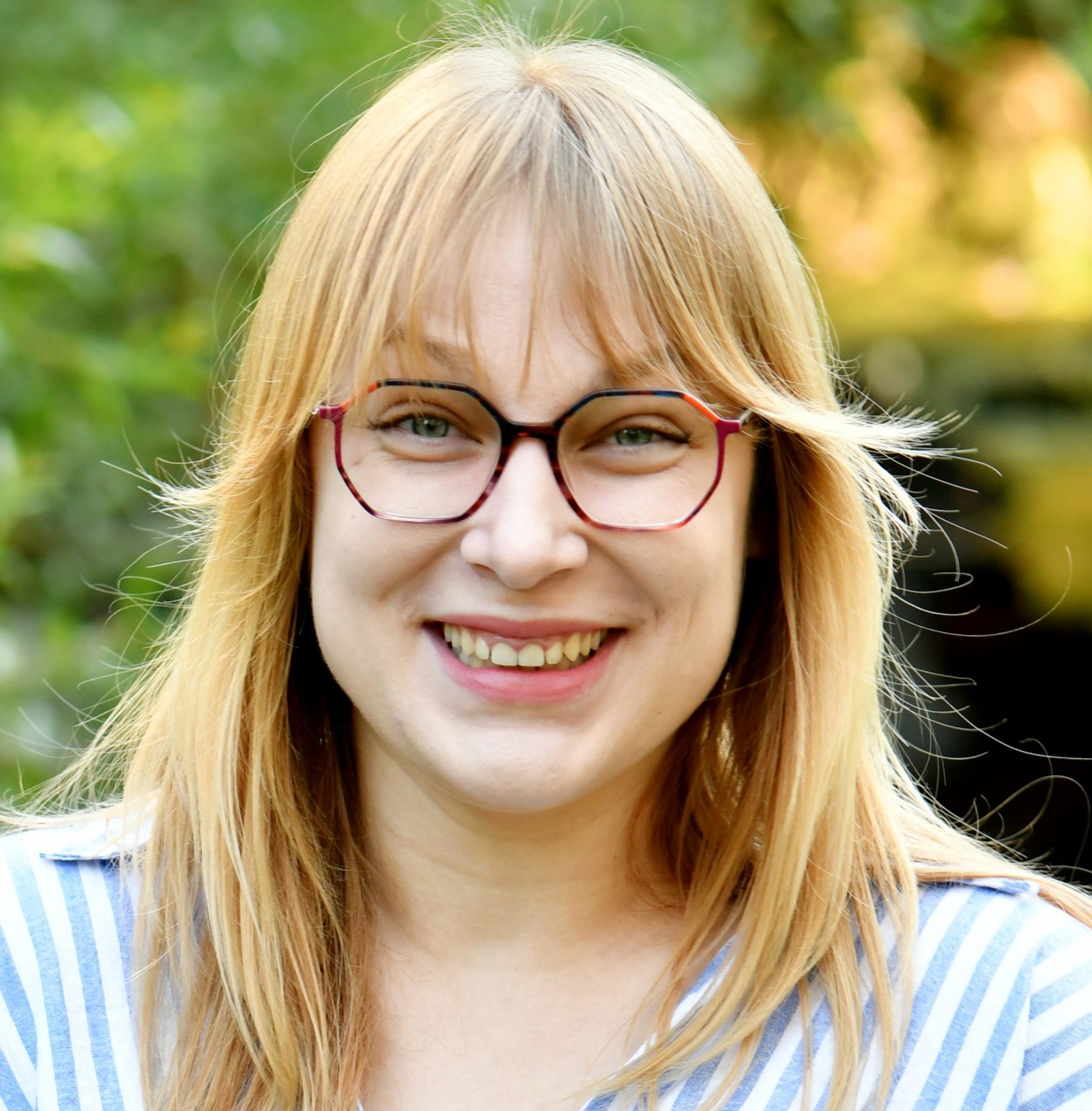
klara filek
Postdoctoral Reseacher
medical university of graz
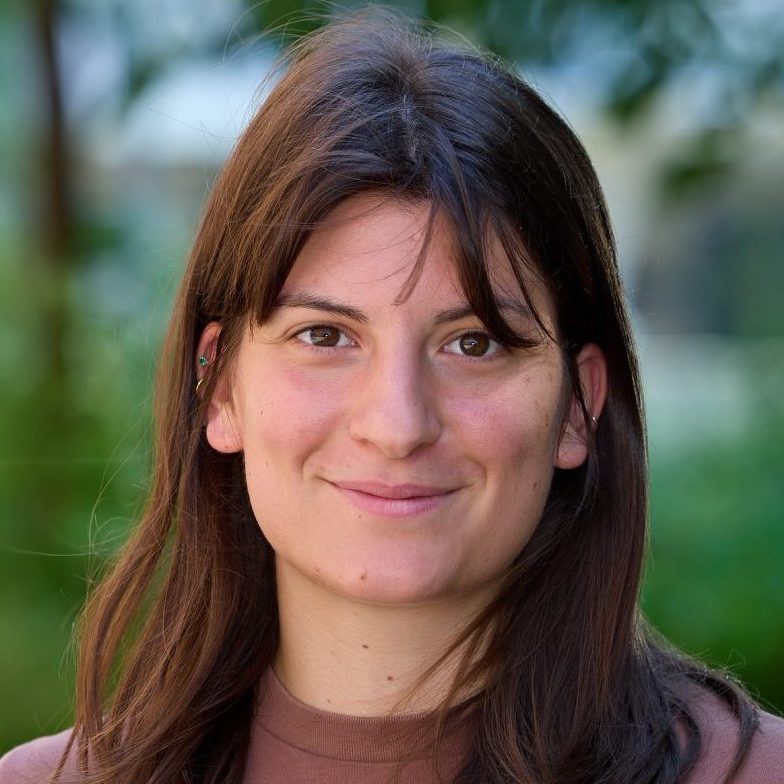
Foto: Clemens Fabry
rebecca gallo
PhD Student
university of vienna

patrick schimmel
Postdoctoral Reseacher
medical university of graz
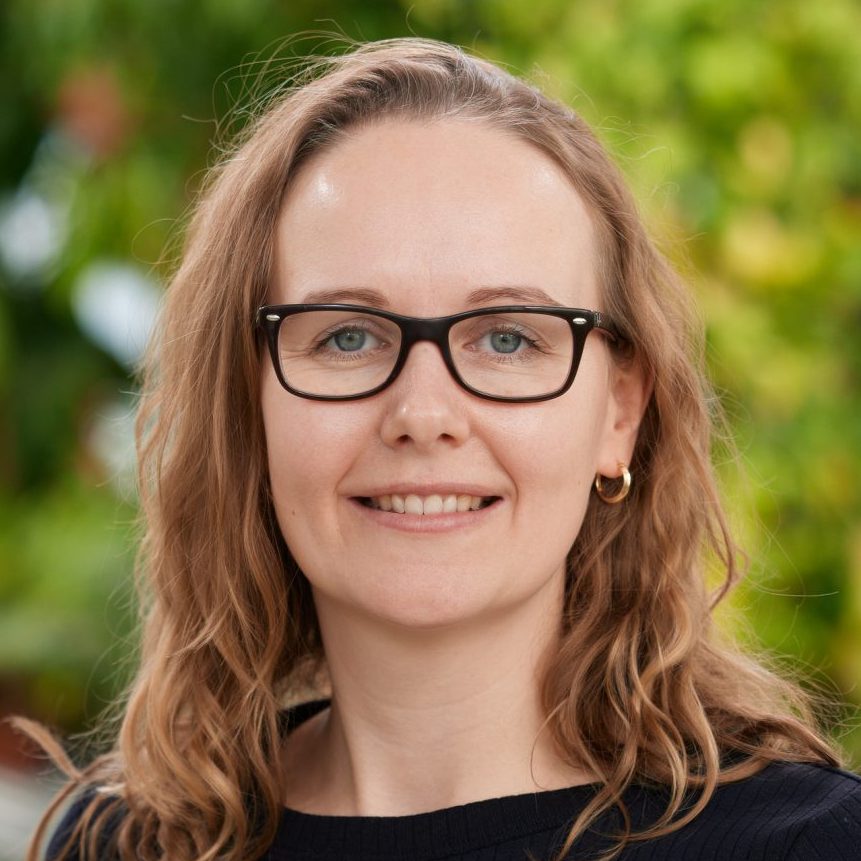
Foto: Clemens Fabry
anouk willemsen
Assistant Professor
university of vienna

Foto: Clemens Fabry
N.N.
Postdoctoral Researcher
university of vienna
involved institutions
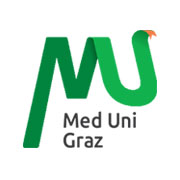
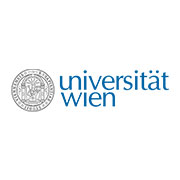
CoE publications in wp 5.2
Anthofer M, Windisch M, Haller R, Ehmann S, Wrighton S, Miller M, Schernthanner L, Kufferath I, Schauer S, Jelušić B, Kienesberger S, Zechner EL, Posselt G, Vales-Gomez M, Reyburn HT, Gorkiewicz G. Immune evasion by proteolytic shedding of natural killer group 2, member D ligands in Helicobacter pylori infection. Front Immunol. 2024, 15:1282680. doi: 10.3389/fimmu.2024.1282680.

